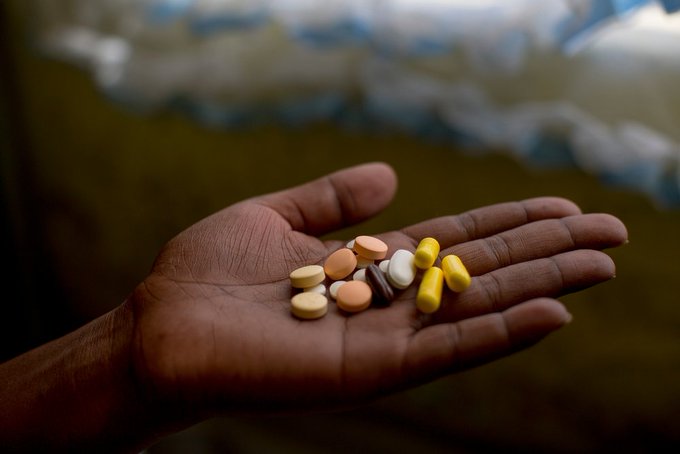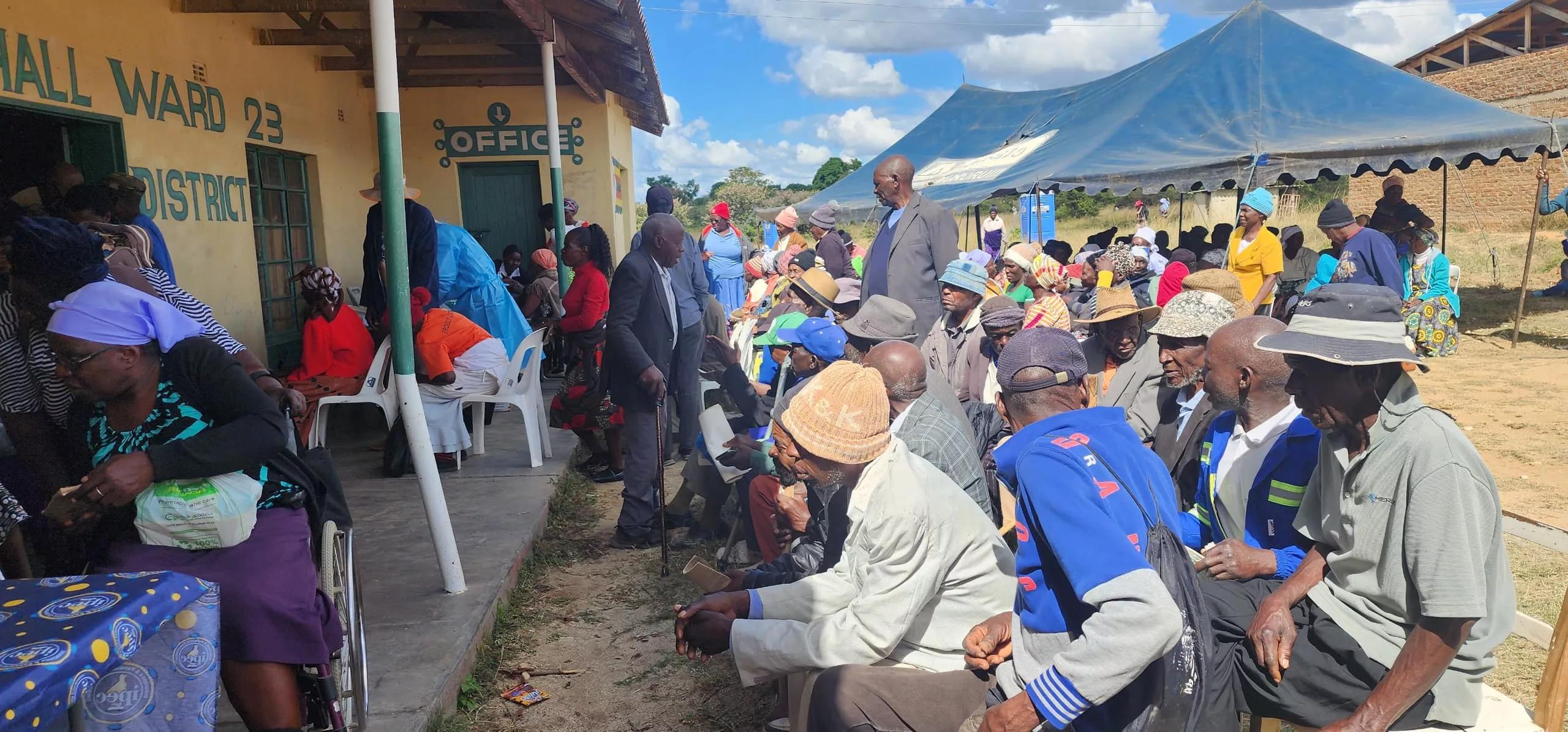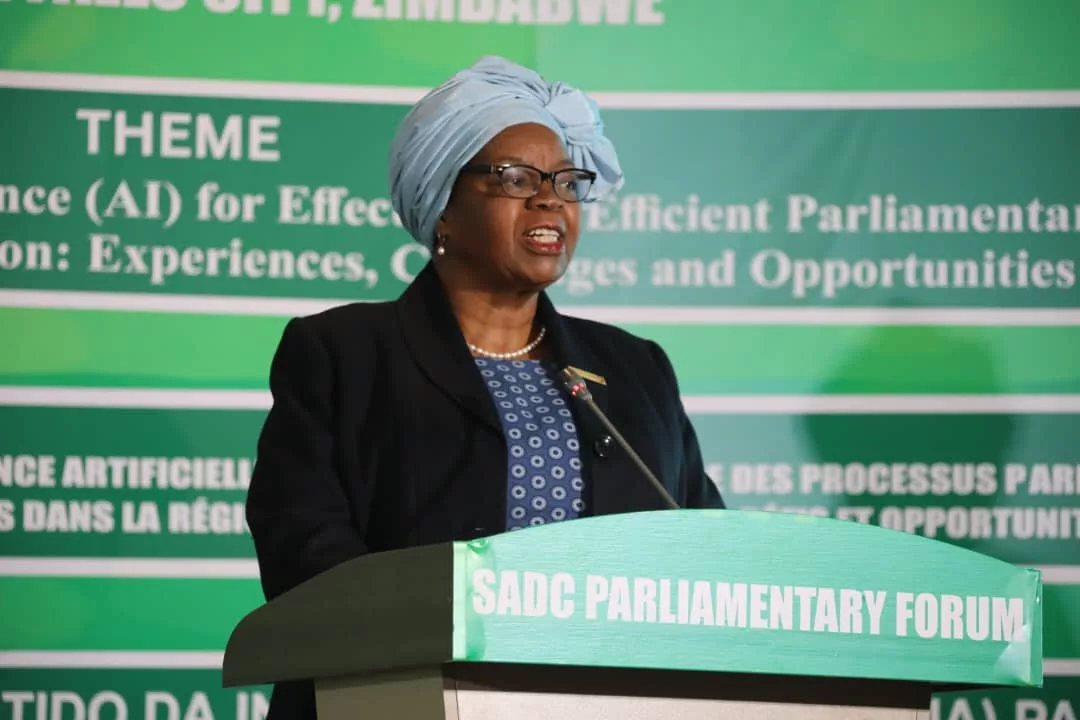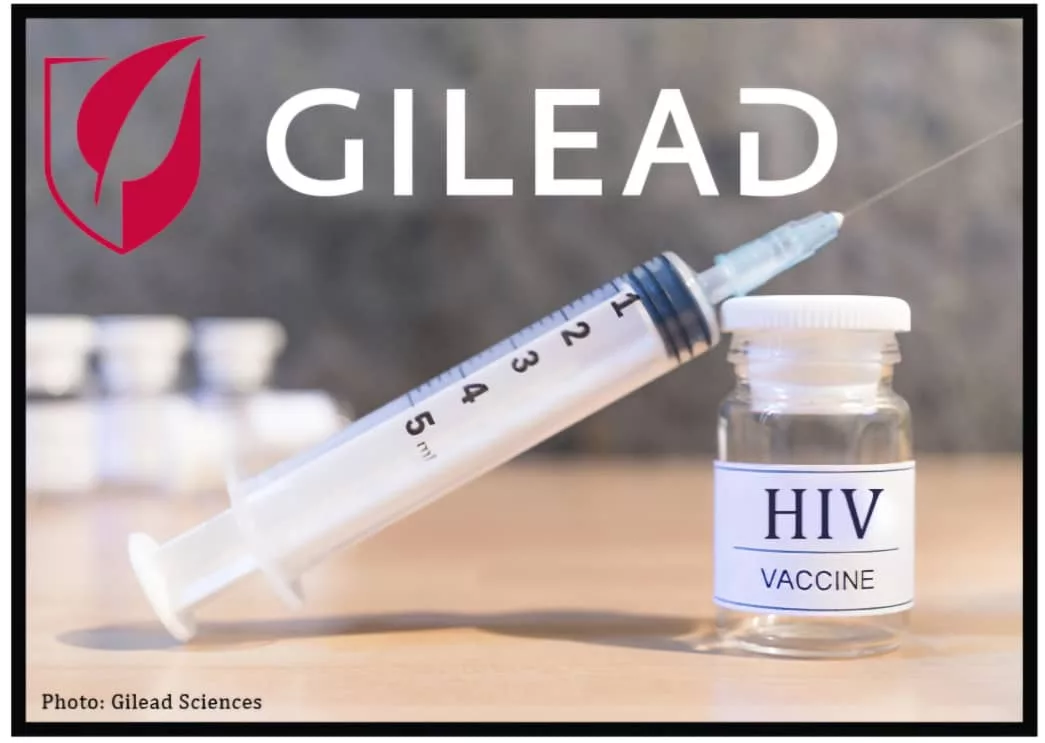|
Getting your Trinity Audio player ready...
|
The World Health Organization (WHO) announced yesterday that it will update its global guidance on tuberculosis (TB) treatment as a result of a Doctors Without Borders/Médecins Sans Frontiéres clinical trial. The trial, TB PRACTECAL, is the first-ever multi-country, randomized, controlled clinical trial of a new all-oral, six-month treatment regimen to treat multi-drug-resistant tuberculosis (MDR-TB). Results show that this regimen is safer and more effective than current treatment options that often cause severe side effects.
“When we embarked on this journey nine years ago, patients with MDR-TB around the world were facing lengthy, ineffective, and grueling treatment that disrupted their lives,” said Bern-Thomas Nyang’wa, MSF medical director and chief investigator of the trial. “Patients were telling us how hard it was to adhere to treatment, but little progress was being made to find kinder treatments because diseases that are most prevalent in low- and middle-income countries don’t attract investment. So, we were compelled to pursue new treatment options ourselves. These results will give patients, their families, and health care workers worldwide hope for the future of MDR-TB treatment.”
Launched in 2017, TB PRACTECAL enrolled 552 patients in seven sites across Belarus, South Africa, and Uzbekistan. The phase II/III clinical trial found that the new shorter BPaLM treatment regimen—comprised of bedaquiline, pretomanid, linezolid (600 mg), and moxifloxacin—was very effective against rifampicin-resistant TB; 89 percent of patients in the BPaLM group were cured, compared to 52 percent in the standard of care group. The WHO is now recommending programmatic use of the 6-month BPaLM regimen in MDR-TB patients in place of longer, existing regimens. WHO is also recommending another shorter treatment, the BPaL combination, for patients with increased drug resistance.
“We welcome the WHO’s decision to update the treatment guidelines,” Nyang’wa said. “Now it is essential that national TB programs, ministries of health, and other key stakeholders ensure that this treatment is available to people with MDR-TB as soon as possible.”
While this new regimen provides new hope for the 500,000 people who fall sick each year with MDR-TB, the current lowest global price for a 6-month treatment course of BPaLM is $800. This is still too high and could slow the uptake of the BPaLM regimen in high TB burden countries. Pretomanid—which was developed by TB Alliance and Viatris (previously Mylan) with the help of public funding—is priced at $336 for six months of treatment. Additionally, one of the other newer TB drugs, bedaquiline—made by Johnson & Johnson (J&J)—is priced at $270 for the same time period. These two drugs together account for three quarters of the price of the full treatment despite the fact that researchers from the University of Liverpool have estimated that generic versions of pretomanid and bedaquiline could be produced and sold at a profit for less than $210 for six months, and less than $102 for six months, respectively.
“The groundbreaking TB PRACTECAL results found a six-month regimen of BPaLM was more effective and safer than the standard of care for people affected with rifampicin-resistant forms of TB, but we will only see meaningful changes if treatment is affordable,” said Christophe Perrin, TB advocacy pharmacist with MSF’s Access Campaign. “Given the significant public funds that helped to pay for the development of both pretomanid and bedaquiline, these drugs should be affordable and accessible for everyone who needs them. We call on the TB Alliance, Viatris, and J&J to bring down the price of pretomanid and bedaquiline to ensure that the price of a complete MDR-TB treatment course is no more than $500 per person. Price should never be a barrier to accessing lifesaving treatment.”
MSF is one of the largest non-governmental providers of TB treatment worldwide. In 2020, MSF started 13,800 people on TB treatment, including 2,100 with DR-TB. The TB PRACTECAL trial complements the endTB clinical trial, which is also sponsored by MSF and aims to provide additional high-quality evidence on shorter, all-oral regimens.






